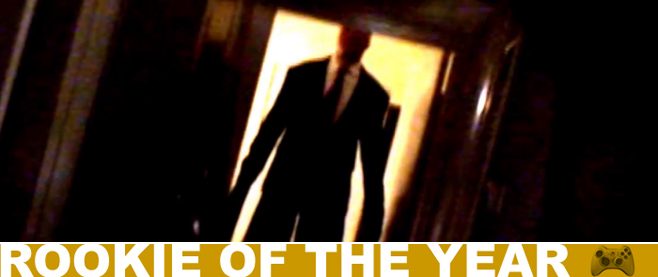Going Up
It was a cold January morning in 1986, a snow day, when my first and best dream was destroyed live on national television.
When I was a kid, everything seemed possible. There were no conspiracy theories or class limitations to halt my imagination. I wanted to be an astronaut.
[pullquote]While other girls dreamed of tiaras and wedding bells, I lay in the grass on summer nights and dreamed about going up.[/pullquote]
This desire probably stemmed from my upbringing in Tennessee, where dreams for girls were mostly based on beauty pageants or marrying an officer from the nearby Army base – anything to get you out and move you up. But while the other girls dreamed of tiaras and wedding bells, I lay in the grass on summer nights and dreamed about going up. The idea of space, this void without limits, held boundless possibilities for my young mind to explore. It was the greatest escape. Much to the dismay of my parents, I became wholly fixated on the idea of going to Space Camp, a program designed to excite children about math and science.
On January 29, 1986, America watched with bated breath as the first non-astronaut, a teacher named Christa McAuliffe, was to be launched into space on board the space shuttle Challenger. Home from school, with a cup of Swiss Miss, my mother and I watched and excitedly counted down out loud. As the shuttle lifted off the ground like magic and science and everything that I loved, my heart swelled and my eyes filled. Then, 73 seconds later…the shuttle broke apart, killing all seven crew members instantly. I cried the hardest I had ever cried in my short life.
 I still wanted to go to Space Camp, even if the possibility seemed more remote than ever. I got an application in February, but my mother had been very upset by the Challenger. She no longer encouraged my dreams of space. There were no more books or glow-in-the-dark star stickers for my ceiling. In my heart, I knew that they would never allow me to go.
I still wanted to go to Space Camp, even if the possibility seemed more remote than ever. I got an application in February, but my mother had been very upset by the Challenger. She no longer encouraged my dreams of space. There were no more books or glow-in-the-dark star stickers for my ceiling. In my heart, I knew that they would never allow me to go.
I still had a tactic to derail them: the financial argument. My cutpurse skills were at their peak then and I had a jar filled with thousands of coins I had been collecting up from various locations. I saved my lunch money and stole change out of couch cushions – and even a few pockets. I thought if I paid for Space Camp myself then there would be no reason I couldn’t go.
Of course, my coin jar probably amounted to about $40, while Space Camp cost $500. To give some inflationary perspective, in 1986, my parents’ house payment was only $400 a month. Even with my coins, I was promptly shut down. Left with no other options, I went on strike against my parents. I questioned their every decision and hid in my room. I told them how much they didn’t love me. Looking back, I cannot fathom the selfish depths that gave me the strength to be that cruel to them.
In June of 1986, the movie Space Camp was released. I longed to be like Joaquin Phoenix. I would have done anything to be sent into space by Jinx the NASA robot. I dreamed he would take me away from these people who didn’t care about me.
 I still checked out books from the library about science and space. My science fair project was a model of a space shuttle. I was unstoppable. I had to be sated.
I still checked out books from the library about science and space. My science fair project was a model of a space shuttle. I was unstoppable. I had to be sated.
In an attempt to appease me, my parents sent me to my aunt’s house on the central Florida coast for the summer. She lived near Cape Canaveral, home of the Kennedy Space Center. From there, all of the space shuttles launched and there was also a Space Camp nearby. Every visit, every vacation for years, was centered on shuttle launches. The summer after the Challenger disaster, the beaches still washed up pieces of debris onto local beaches. I morbidly spent that vacation in search of a piece, something tangible to represent that day and that feeling of loss.
Over the years of visiting my aunt, I have seen three shuttles go up, from close by – a sight that overwhelmed my little heart with emotion. It brings tears to my eyes to watch people take off and fulfill our mutual dream. All unfulfilled dreams, though, either destroy you or fade away. My dream faded to a glimmer, like the distant flicker of the stars.
———
Jen Sisco may not be an astronaut, but she is a nurse, and that is pretty freaking cool too. Follow her on Twitter @Jennacyde99.




